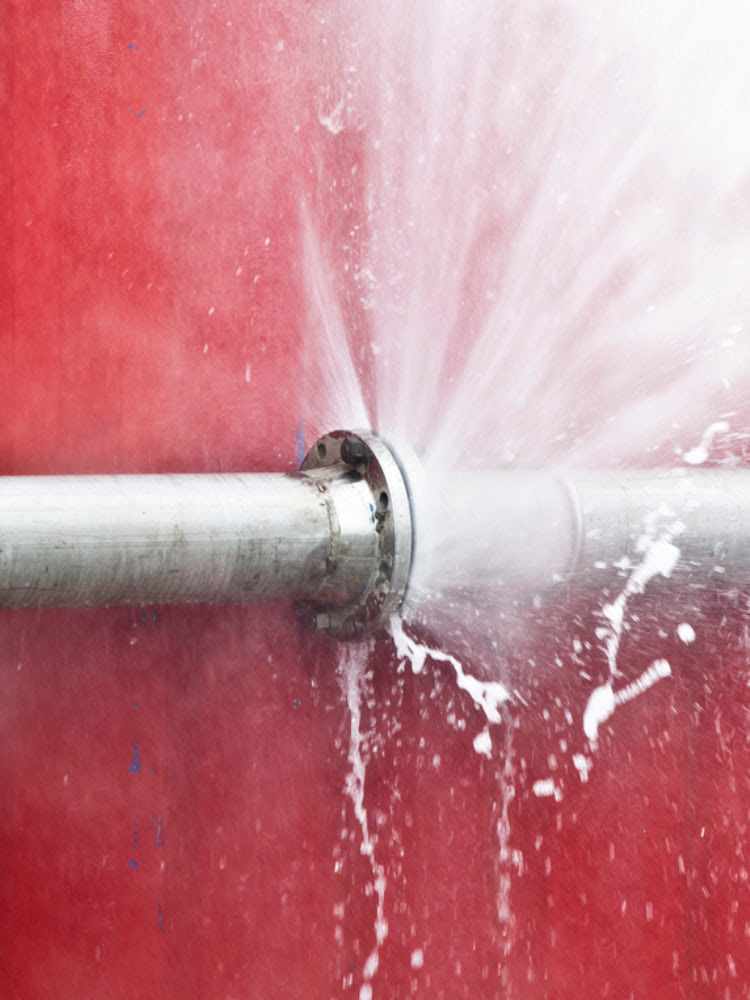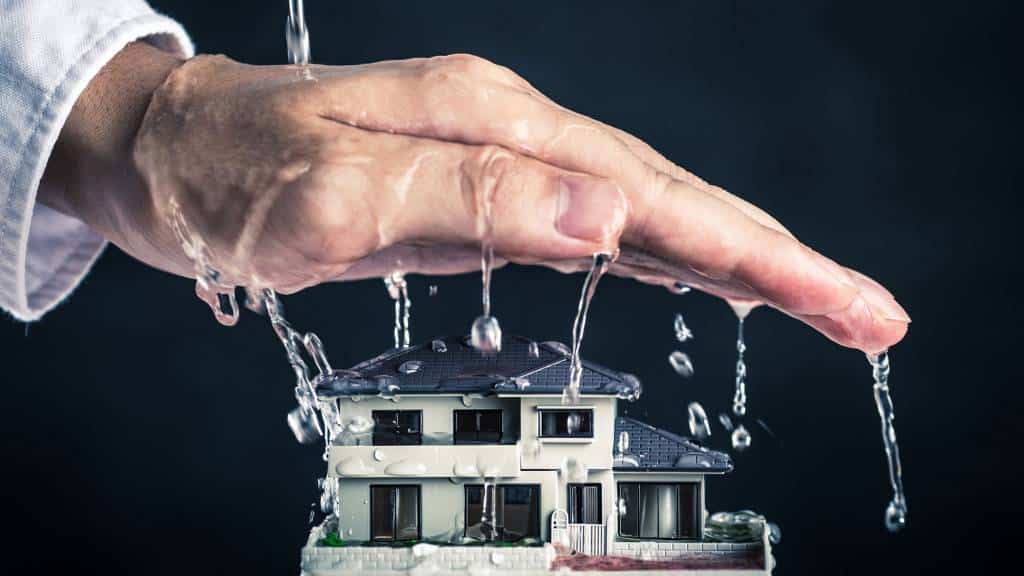Just how do you actually feel about How to detect water leaks in your home?

Leakages not only trigger waste of water however can also cause unneeded damage to your home and promote unwanted natural growth. By looking as well as comprehending for day-to-day scenarios that create leakages, you can secure your house from future leaks and unneeded damages.
Encroaching roots
The majority of water leakages begin outside the house as opposed to inside it. If you observe a sudden reduction in water pressure, claim in your faucet, take time to head out and examine your lawn. You might observe wet spots or sinkholes in your yard, which might indicate that tree roots are invading water lines creating water to seep out. You can have your plumber look for invasion, specifically if you have trees or shrubs near your residential or commercial property.
Rusty water supply
As time goes by, your plumbing system ages and rust such as rust might start eating away the pipes. This might be the cause of discoloration or bending on your pipes. This calls for an assessment with your plumber instantly. If our plumbing system is old, take into consideration changing the pipes because they go to a higher threat of deterioration than the newer versions.
Defective Pipe Joints
The factor at which your pipes connect is regularly the weakest web link in the waterline. Pipeline joints can deteriorate in time, leading to water leakages. Unfortunately, most of pipeline joints are not easily visible. If you have loud pipes that make ticking or banging sounds, specifically when the hot water is switched on, your pipe joints are probably under a lot of pressure. It is advisable to have your plumber evaluate your system once a year.
Instantaneous temperature adjustments.
Severe temperature level changes in our pipes can cause them to broaden and also contract suddenly. This development and also tightening may cause fractures in the pipelines, especially if the temperature level are below freezing. If you kept an eye on exactly how your plumbing works, it would be best. The existence of the formerly stated conditions often suggests a high threat.
Poor Water Connectors
At times, a leakage can be triggered by loose pipes as well as pipes that provide your devices. In instance of a water connections leak, you may notice water running straight from the supply line or puddles around your appliances.
Clogged Drains
Obstructed drains may be aggravating and inconveniencing, yet they can in some cases wind up causing an overflow bring about burst pipelines. Keep eliminating any type of products that may drop your drains that can obstruct them to avoid such aggravations.
All the above are causes of leakages but not all water leakages result from plumbing leakages; some leaks may originate from roof leaks. All leaks ought to be repaired instantly to prevent water damages.
Leaks not only create waste of water but can also cause unneeded damage to your home and also advertise unwanted natural growth. By looking and also recognizing for day-to-day situations that trigger leakages, you can secure your home from future leaks and also unneeded damages. Today, we will look at six leakage causes that might be creating your pipelines to leak.
At times, a leak can be caused by loosened pipes as well as pipes that supply your appliances. In instance of a water connections leakage, you might see water running directly from the supply line or puddles around your devices.
Tell-Tale Signs of a Water Leak
The Sound of Running Water
If you’re hearing water running, your first step should be to check your faucets, toilet valves, and outdoor spigots. If everything if status quo, take an exact reading of your water meter and don’t use the water for a few hours. Then, take another meter reading. If there has been no change, that means water is not running (and maybe it’s time to have your hearing checked!). If the reading has changed, however, this indicates that water is indeed flowing and you most likely have a leak.
Wet or Damp Floors
You’re walking across your carpet and suddenly squish—your sock is soaked! The dog doesn’t look guilty and your child swears they didn’t spill anything. That means you’re likely looking at sewer leakage. Now, it’s easy to just soak it up with a towel and call it a day; however, this won’t stop the leak. Ignoring the problem allows moisture to build up, ultimately causing mold or mildew. Not only is this smelly, it can be very toxic and harmful to children, the elderly, pets, and those with weak immune systems. Don’t risk the health of your home and your family—call in a professional to take care of the problem.
Foul Odors
If there’s an unpleasant smell in your home and you can’t locate the source, don’t just light a candle or spray some Febreze. Funky smells are often due to mold and mildew, which spread fast under ideal conditions (optimal temperature and level of humidity). Growth begins within about 24-48 hours, and spores start to colonize in 3-12 days, becoming visible to the eye within about 18 days. If you think the odor is leak-related, get a plumber out as soon as possible to mitigate damage from rapid fungi growth (and rid your home of the foul odor).
Overgrowth in the Lawn
Unless you didn’t fertilize your lawn evenly, a lush patch of grass in a select area of your lawn, or concentrated wet spots, indicate pipe leakage which is acting as a fertilizer. Left untreated, hazardous bacteria in the underground waste will quickly turn into a messy situation, going from lush growth to lawn destruction.
Wall Cracks
Over time, even the littlest of leaks can cause cracks in the foundation of your home and compromise the entire structure. How does it happen? The leak continues hammering away at the same spot in the ground beneath your home, eventually causing it to shift slightly. Now, you’d never feel this shift, but your walls will. This can be a very dangerous situation, so if you’re seeing vertical or diagonal cracking in your walls it’s best to call a plumber right away.
https://www.expresssewer.com/blog/6-telltale-signs-of-a-water-leak-in-your-home

We were shown that write-up about Common Water Leaks In House through a good friend on our other blog. Kindly take the opportunity to promote this article if you enjoyed it. We enjoy reading our article about How to detect water leaks in your home.
Expert attention offered.